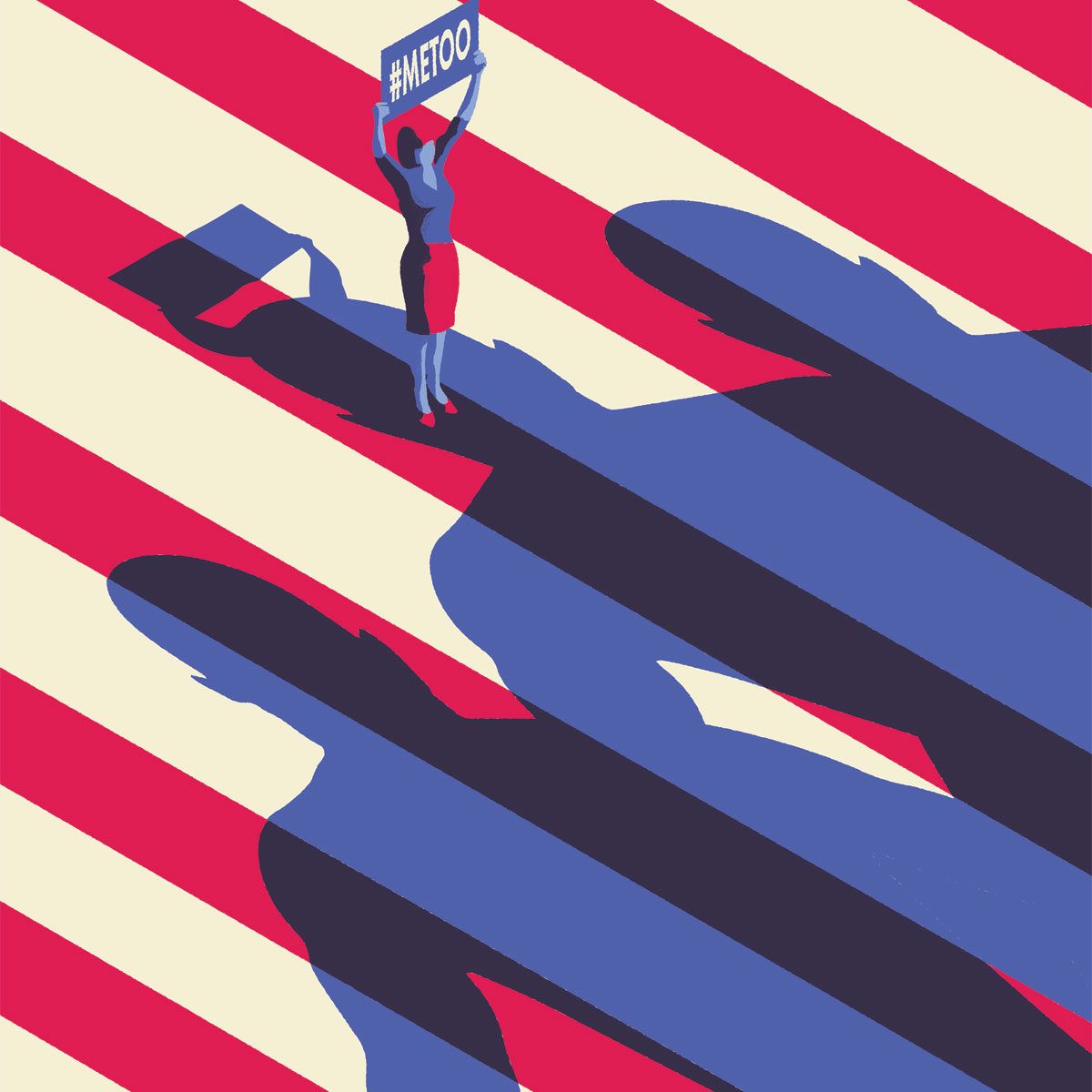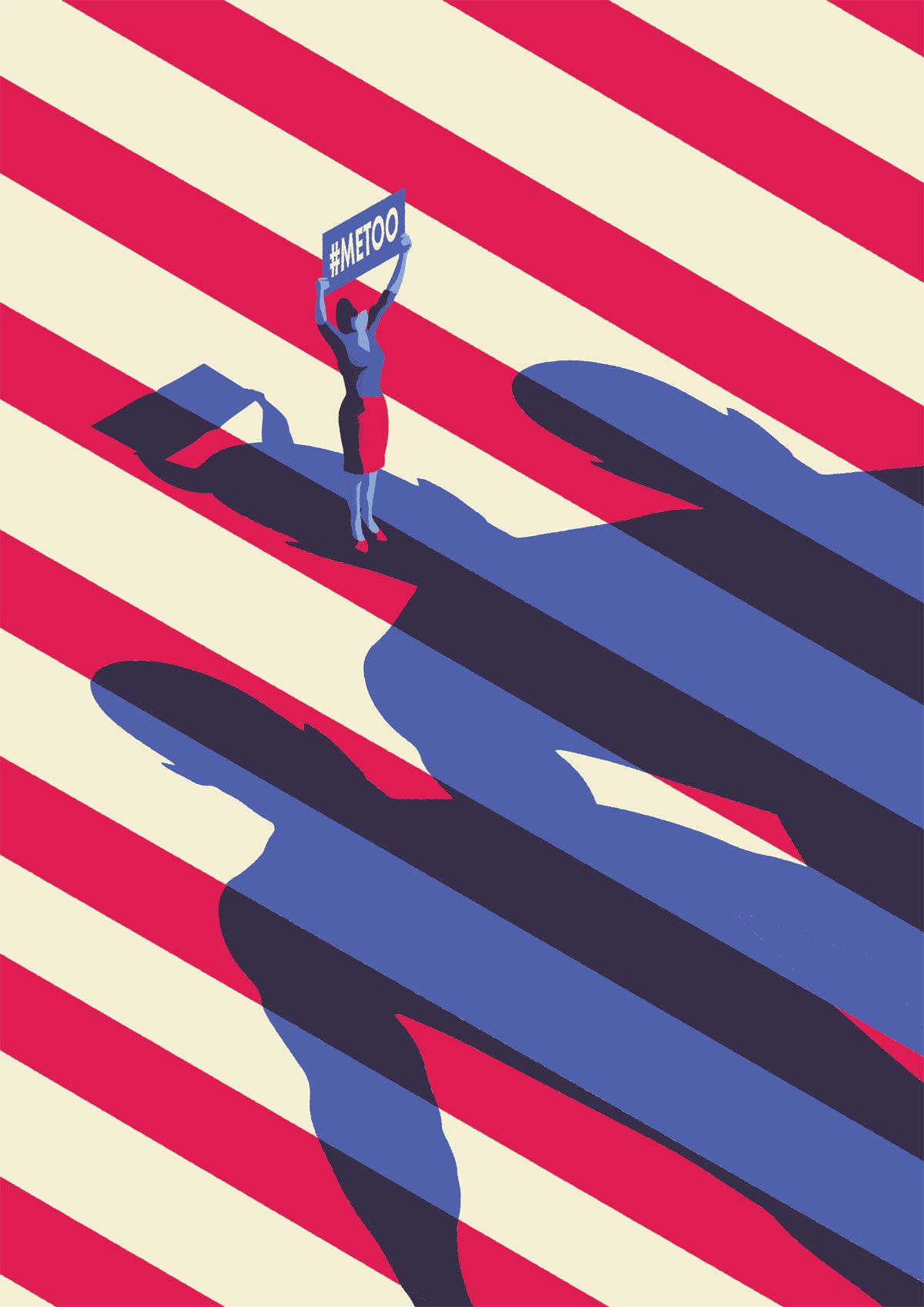Speaking to employment law specialists in Sweden during the 2019 EMEA research, one thing struck me as particularly interesting: all noted a ‘wave’ or ‘explosion’ of discrimination and harassment lawsuits, as well as numerous large internal investigations, at the beginning of 2018 just as the #MeToo movement was getting into its stride. However, by the autumn, that same work stream had slowed significantly.
I was intrigued; the hashtag was still ubiquitous in newspapers and social media outlets so I asked US editor Seth Singh Jennings if I could cover parts of the labour and employment section of the 2019 US guide as I could not imagine #MeToo’s country of origin already being done with the movement. It quickly became apparent that this was far from the case.
For those who might have been living under a rock these past 18 months: in October 2017, allegations of multiple incidents of rape, sexual assault, and abuse against Hollywood producer Harvey Weinstein were made public. American actress Alyssa Milano use of #MeToo in a tweet is largely credited with sending the movement viral. According to The Guardian, the hashtag was tweeted more than 1 million times worldwide within days, while CBS News reported Facebook had more than 12 million posts, comments, and reactions in less than 24 hours.
Now more than a year on, the question is what impact the movement has had for the US’s employment lawyers and their clients? In 2017, the Equal Employment Opportunity Commission (EEOC) received 12,428 reports alleging sex-based harassment; this number rose to 13,055 in 2018, the highest in eight years. While this might not seem a dramatic increase, keep in mind these figures do not include charges filed with state or local fair employment practices agencies. Furthermore, it is crucial to note that the figures for charges alleging sexual harassment saw a $10m rise in ‘monetary benefits’, excluding ones obtained during litigation, which shows this is now a high stakes arena for corporates.
However, it is not only the money that has the potential to hurt companies; the damage to reputation is also of particular worry to international businesses. While allegations used to be settled quietly, a May 2018 Forbes article stated that in the last year almost 300 high-profile executives have been subsequently also let go following claims of sexual harassment. Chai R. Feldblum, who served as a commissioner for the EEOC under the Obama administration and recently joined Morgan, Lewis & Bockius’ Washington DC office, notes: ‘The media and societal support for those people sharing their stories has gotten the world to pay attention to the need to change working environments to create a safe and inclusive place for all.’
On the legislative side, this change happened slowly but then all at once. While the moderate expectations of the Trump administration turned out be accurate – with not much legal development on a federal level as well as the EEOC having four vacant spots – state and city legislatures have stepped up to the plate. California and New York, often considered the leaders on new employment initiatives, made sexual harassment prevention training a mandatory obligation for employers.
In addition, following initiatives from Microsoft, Uber, and Lyft, bills have been passed prohibiting private arbitration of sexual harassment claims or notes aiming to outlaw confidentiality provisions in settlement agreements addressing sexual harassment claims. Of course, there are still states which have yet to read the memo, but national employers often apply the laws of the strictest jurisdiction in which they operate in order to be compliant on a national level.
As all these developments happened in a fairly short time frame, the fallout from #MeToo posed new challenges not only for employers but also their legal counsels. According to experts, transparency, flexibility, and proactivity are key.
‘I see a renewed focus on behalf of enlightened employers to listen to employees, revamp policies, develop training, and try new approaches to engagement,’ says Lisa Damon, immediate past chair of Seyfarth Shaw’s labour and employment team. ‘Transparency from management has become more important and many seem interested in lasting change.
‘Employees who had not found their voices before #MeToo are now starting to feel more comfortable raising issues in a way that can be productive if employers are open to considering new ways of managing, leading, engaging, and listening to employees.’
And as Feldblum explains, what would once have been kept strictly confidential is now open to public examination: ‘The techniques used to achieve a safe, respectful, and inclusive workplace vary in each instance. We learn from senior leadership what policies they currently have in place; we do a workplace culture assessment using a range of techniques; and we develop and help implement a strategic plan that includes ideas for leadership, accountability, policies, procedures, and training.
‘We have found that many employers want to publicly share what we find and the changes they make, so work that previously would have been kept confidential by a client is now being made public to increase trust and transparency.’
Although the #MeToo phenomena began in the entertainment and media industry, it has since spread to practically every other industry and profession. Small, local companies and start-ups, which often don’t have the resources for an extensive and experienced HR department, seem likely to be the next battleground. Indeed, Feldblum believes ‘no industry or company is completely immune to workplace harassment so we’re seeing demand from proactive leaders across the board’.
‘We are seeing #MeToo issues across all industries on a regular basis,’ adds Damon. ‘As we look forward, however, we are anticipating more demand from several specific industries. Healthcare has seen a fair amount of activity recently as medical providers are reading and hearing more about #MeToo. Additionally, we are seeing more claims from the tech industry and manufacturing.’
As most social issues do, the movement has divided opinion, both along gender and political lines, as was demonstrated during Justice Kavanaugh’s Supreme Court nomination hearing. Several studies (NPR; Pew Research Center) show a great difference between democratic and republican views on how sexual assault allegations in the workplace should be treated, with only a small number of the latter seeing a lack of punishment for perpetrators and victims not being believed a major problem.
These issues, however, must be overridden by objective and proactive leaders, as Feldblum notes: ‘Our expectation is that there will be a significant interest from companies and organisations which want to get ahead of the curve during this moment of #MeToo, which is far from over. We believe this is the moment to help employers create workplaces that are safe, respectful, and inclusive. This is the moment to make real change.’

